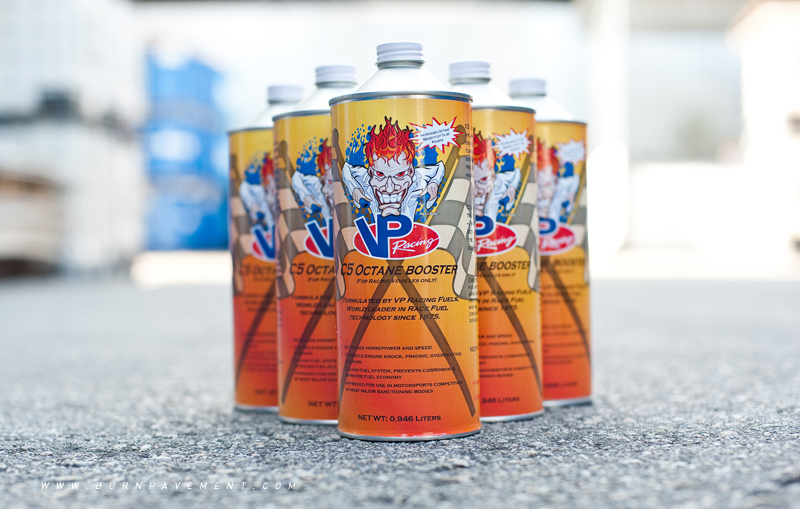Going back to formula might just end the argument about which type of petrol offers the best performance in our cars.
The layman would probably wonder what's the difference between the RON ratings of fuel. In Singapore, we have the choice of RON 92, 95, 98 and Premium (which hovers slightly higher than the RON 98 rating). First of all, what is RON?
RON, otherwise known as Research Octane Number, is the most common of octane rating for fuels worldwide. It is determined with a test engine that tests fuels for their detonation point. It is run at 600 rpm, with an intake temperature of about 48 degrees Celsius. The higher the octane rating, the greater the fuel is resistant to detonation in any given engine, which is why most people claim that their engines run smoother after switching to higher RON ratings.
Performance enthusiasts will pay more attention to the Motor Octane Number (MON) rating, which differs from the RON testing by having a machine that runs quicker and hotter with variable ignition timing. It is run at 900 rpm, with an intake temperature of about 148 degrees Celsius. This test platform is widely considered to be a better indication of a fuel's performance while under load and is more accurate at simulating a race engine.
Although the machines for RON and MON testing were made in the 1930s and were designed to test for octane numbers from the 0-100 range, they are the only means available for testing fuels.

To get higher octane from premium fuel, most will add a bottle of octane booster. VP Racing has a strong reputation with fuels and its high octane formulas are very popular in racing. Adding their C5 Octane Booster to a tank of fuel will increase the octane ratings by 3.3 RON, thanks to the effective MMT agent (Methylcyclopentadienyl manganese tricarbonyl), which is proven to deliver the greatest octane boost.
The C5 Octane Booster is capable of boosting octane up to eight numbers for increased performance while providing lead lubrication. Increased fuel octane helps to eliminate pre-ignition and detonation, which translates into more horsepower and torque. More than just increasing octane ratings, it also provides upper cylinder lubrication especially for older engines and protects it from valve seat recession.

Having a octane-boosted fuel is perfect for high compression normally aspirated engines, as well as force inducted and nitrous-assisted engines that require the chemical properties of a race fuel to achieve maximum power and reliability. As with any other performance product, careful use must be exercised because damage to catalytic converters or oxygen sensors will occur with heavy doses or repeated use. For maximum performance gains, it is highly recommended to tune the car to take full advantage of the VP racing enhanced high-octane fuel!





